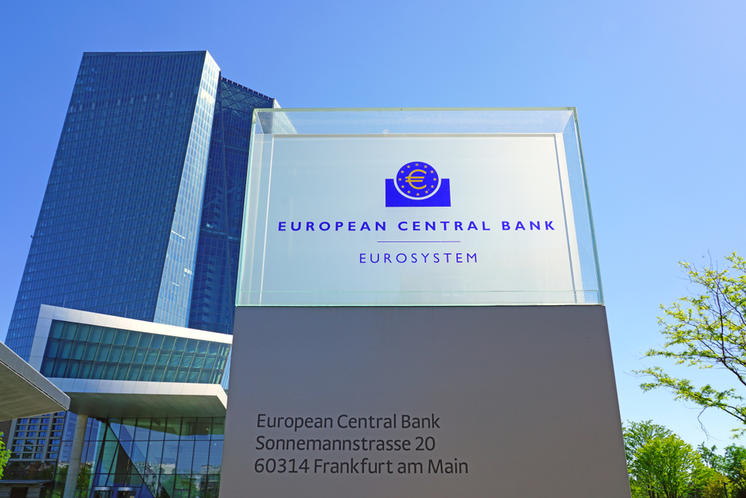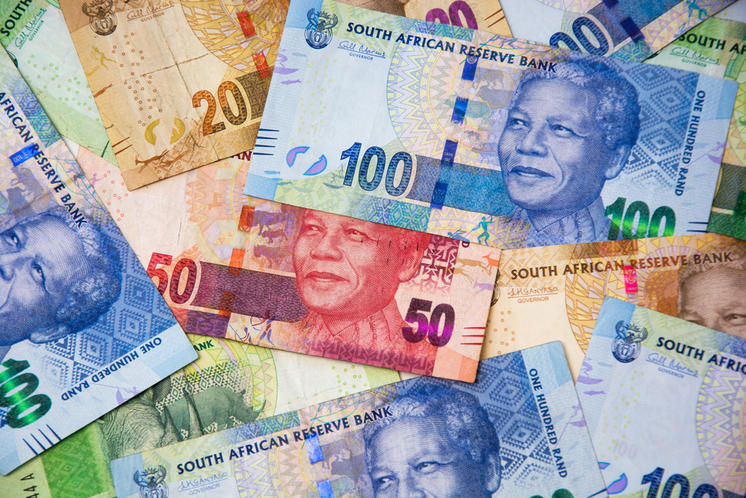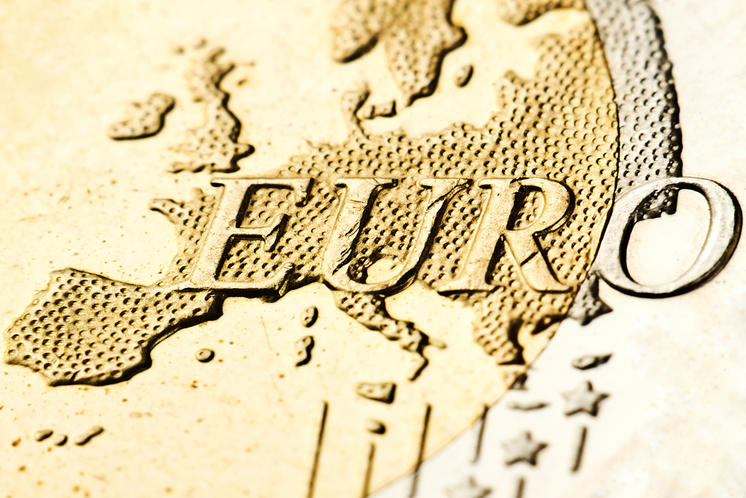Weekly Thoughts by Mirabaud Securities - 13 September 2019



Investors were looking ahead to an impending ECB policy decision, with markets hoping for a fresh stimulus package to be announced in a bid to boost the beleaguered euro zone economy. The result was sweet and sour. Over the week, the main American indices ended up sharply. The same positive trend for European indices with an average increase of nearly 1.5% despite talks about the Brexit outcome. In Asia, most of the indices were fueled by hope that the Hong Kong turmoil will end and that trade talks between Washington and Beijing will resume shortly.

The South African Rand has been displaying some positive moves this past week. Traders and investors will continue to keep an eye on the Brexit extension bill and the US-China trade talks. These two issues will continue to dominate risk sentiment and will have a huge influence on the strength of emerging market currencies, especially the ZAR. Still in emerging markets, there were also notable increases in the Russian rubble and the Indonesian rupee. The safe-haven yen and Swiss franc retreated against the dollar, as risk sentiment gradually improved after a week of turmoil on hopes that major central banks would look to launch fresh stimulus measures to lift their sluggish economies.

You might be familiar with the fact that we love everything surrounding artificial intelligence (AI). Natural language generation (NLG) is a form of AI. The goal of NLG is to use AI to produce written or spoken narrative from a dataset. NLG is what enables machines and humans to communicate seamlessly, simulating human to human conversations. In other words, NLG uses numerical information and mathematical formulas to extract patterns from any given database and translates them into a text that is easy for humans to understand. A good example of NLG is automated journalism. Where a computer searches the web for real-time news, scopes the data from different sources and writes a text summary, that can be published very quickly to the web. In text analysis, the machine has to deal and interpret all kinds of unknown, ambiguous or erroneous expressions, while in NLG, the ideas that the system transforms into texts are generally known precisely.

This week we are focusing on an area and not a country: the eurozone and the ECB meeting. The European Central Bank approved a fresh stimulus package as expected on Thursday, cutting interest rates and approving a new round of bond purchases to prop up euro zone growth and halt a drop-in inflation expectation. The ECB cut its deposit rate to a record low -0.5% from -0.4% and will restart bond purchases of 20 billion euros a month from November “as long as necessary”. Given that markets do not expect rates to rise for nearly a decade, such a formulation suggests that purchases could go on for years — an eventuality Draghi did not challenge. The ECB also eased the terms of its long-term loans to banks and introduced a tiered deposit rate to help banks. U.S. President Donald Trump, who this week called on the U.S. Federal Reserve to follow other central banks in adopting negative interest rates, accused the ECB of seeking a trade gain by deliberately depreciating the euro against the dollar. “And the Fed sits, and sits, and sits. They get paid to borrow money, while we are paying interest!” he tweeted.

It’s not the first time that we are talking about the quintessence of luxury: Hermès, but the company just released a positive statement. French luxury handbag maker said on Wednesday that strong sales growth within mainland China in July and August had helped offset the impact of anti-government protests in Hong Kong (some stores has been closed for a number of days) on its business within the Greater China region. But Hermes’ overall performance within Greater China was still in line with strong sales trends in the first two quarters of the year as Hermes reported a rise in net profit and operating income for the first six months of 2019. Hermes said its operating income rose 15% in the first half to 1.14 billion euros, while operating margins were just shy of last year’s record levels, at 34.8%. What else?
Several hot topics were discussed this week, including:
ECB: what to expect? / What if we invest in NLG? / There is sector rotation and sector rotation / What if the ECB? / ECB meeting
Please feel free to ask for more information if interested.
“Effect of the US fiscal reform” (Opportunities) as we expect a fading fiscal stimulus in the coming months.
SWOT stands for Strengths, Weaknesses, Opportunities and Threats, the French equivalent of FFOM analysis (Forces, Faiblesses, Opportunités et Menaces). While SWOT analysis can be used to develop a company's marketing strategy and evaluate the success of a project (by studying data sets such as company's strengths and weaknesses, but also competition or potential markets), I decided several years ago to adapt it as a way to analyse financial markets. SWOT analysis allows a general development of markets by crossing two types of data: internal and external. The internal information taken into account will be the strengths and weaknesses of the market. The external data will focus on threats and opportunities in the vicinity. Finally, and most interestingly, there is a table that will evolve according to current events, which will allow it to reflect the underlying trend in the financial markets on a weekly basis.
This publication is prepared by Mirabaud. It is not intended to be distributed, disseminated, published or used in any jurisdiction where such distribution, dissemination, publication or use would be prohibited. It is not intended for people or entities to whom it would be illegal to send such publication.
Read more
Author
Continue to